A. The Year of the Dog
B. Grace Lin
C. n/a
D. Little, Brown and Company, 2006
E. novel, realistic fiction
F. 4-8
G. The Year of the Dog is based loosely on Grace Lin's own life. It begins one year at the Chinese New Year, kicking off the Year of the Dog. This was supposed to be a lucky year for Grace, according to the Chinese calendar; this held true. Grace grew up in a largely caucasian neighborhood and was the only Asian girl at her school (besides her sister) until Melody Ling showed up. The two immediately became best friends; they did a science fair project together, spent the night at each other's houses, and were practically inseparable. As part of the Year of the Dog, Grace was supposed to find herself and find her talent. Thanks to a book-writing competition, in which Grace won 4th place, she discovered that she has a talent for writing and illustrating books. The book concludes at the next Chinese New Year with Grace deciding that she's proud to be Asian-American and that the Year of the Dog really was lucky for her.
H. After reading the author's note, I was not surprised to find that Grace Lin had written this book based largely on her own life and her own experiences. In the book, Grace talks about everything with such detail that it really does seem as if Grace, the author, was there to experience everything. I was impressed with the level of detail given to the Chinese New Year festivities and traditions. I'm not very familiar at all with the Chinese culture and after reading this book, I feel like I have a little bit better understanding. I absolutely love that Grace went into so much detail about her family and included stories from her parents and grandparents. The italicized stories really made the novel seem even more real to me. Those stories reminded me of times when I would be at family gatherings and a relative would say, "Hey, did I ever tell you about the time..."
Grace's anxiety about her ethnicity is also something very important that a lot of readers need to witness. As Grace says in her author's note, "What was I? We celebrated Chinese New Year, my parents spoke Taiwanese to our relatives, and we had chocolate M&Ms on the table. It was this constant whirling of East and West that spun the threads of my identity." This statement is very personal to me and very relevant to the lives of a lot of the people in this country. My own roommate has gone through a similar journey of finding herself. While she grew up in an area that had a lot of Hmong people, there were still people who made her feel self-conscious about her ethnicity. But finally she decided that she was Hmong-American and proud of it.
Included in the author's note is Grace Lin's Website which lists all of her books but also tells which parts of The Year of the Dog are actually true facts from her life and which are not.
I. This book is a good introduction into Eastern cultures. I would encourage my students to do culture studies based on a non-Western culture group. I feel that too often our education is based on Western culture and our students do not get enough exposure to non-Western groups. I would try to create a Chinese New Year for the students with as much authenticity as possible (hopefully with the help of Chinese community members if at all possible). I would also encourage students to think about what they think of themselves. This book is not just about culture, but about accepting your own culture.
*Multicultural*
Subscribe to:
Post Comments (Atom)
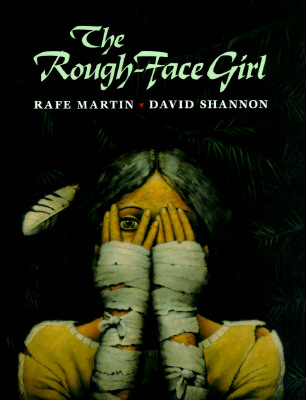
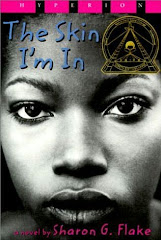
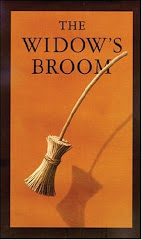

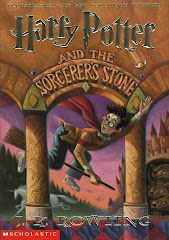
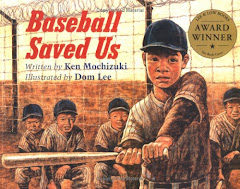
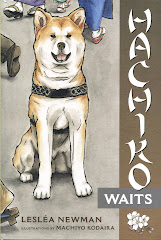



1 comment:
Yes, excellent point about focusing on Western cultures...I like your idea about involving community members to ensure a more "authentic" Chinese New Year celebration.
Post a Comment